Countries in South and Southeast Asia are exposed to a variety of climate-related hazards, including floods, storms, tropical cyclones, droughts, and extreme temperatures. To address these challenges, appropriate training is essential for familiarizing stakeholders with new technologies and theories, understanding gaps and implications of previous policies at local and regional levels, and promoting evidence-based action research aligned with newly developed tools and technologies in disaster management.
With this objective in mind, ADPC and AIT collaborated to develop and deliver a training program aimed at addressing these knowledge gaps. One outcome of this partnership was the “Multi-Hazard Impact-Based Early Warning Forecast” training, which took place from September 17 to October 4, 2024.
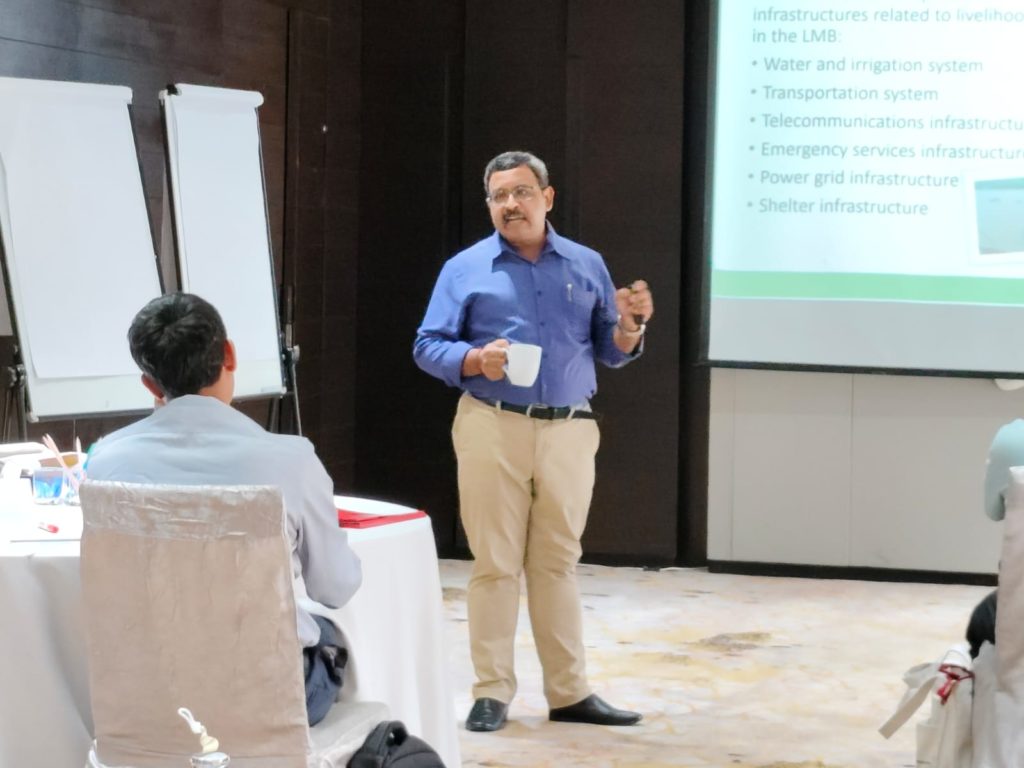
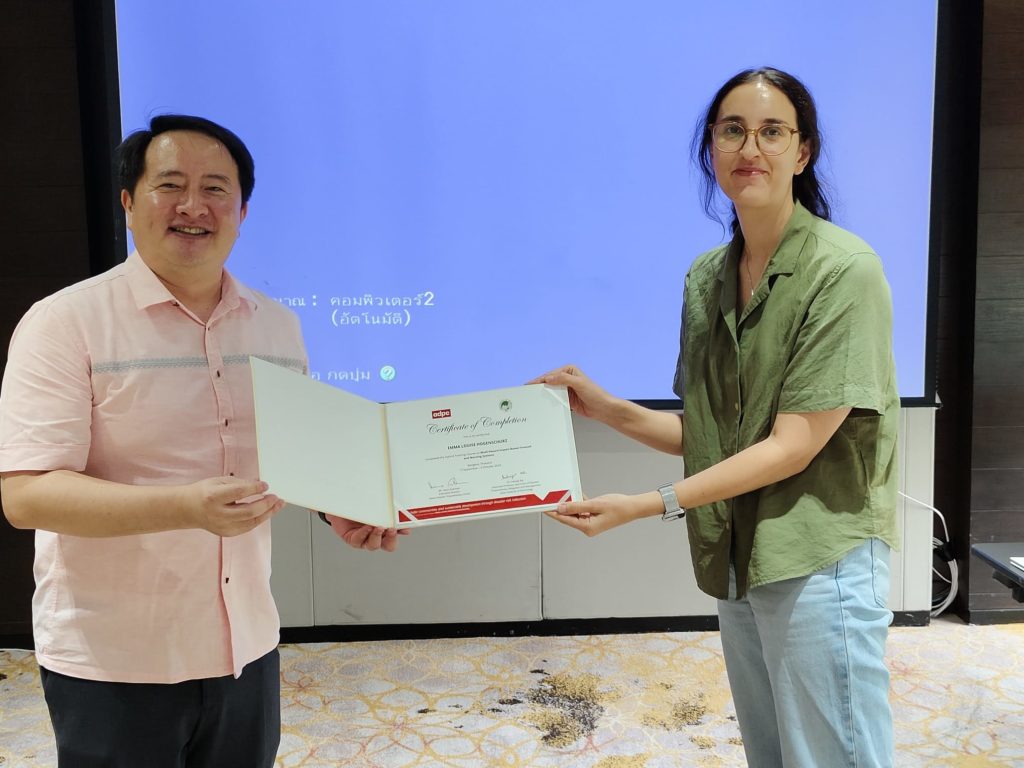
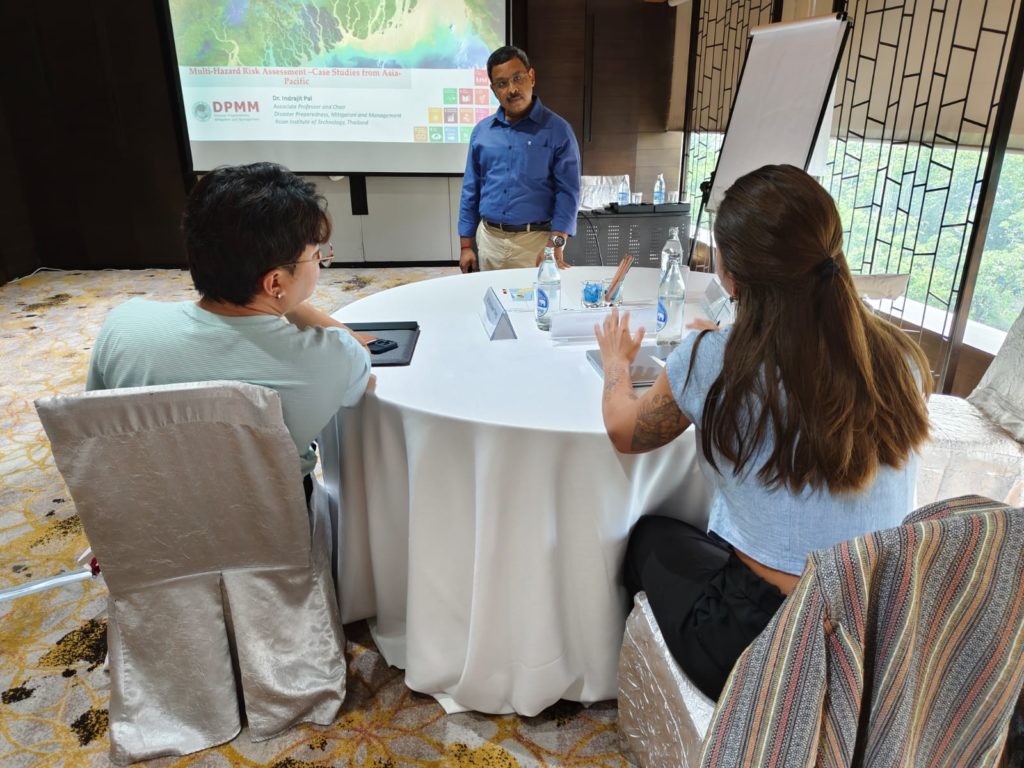
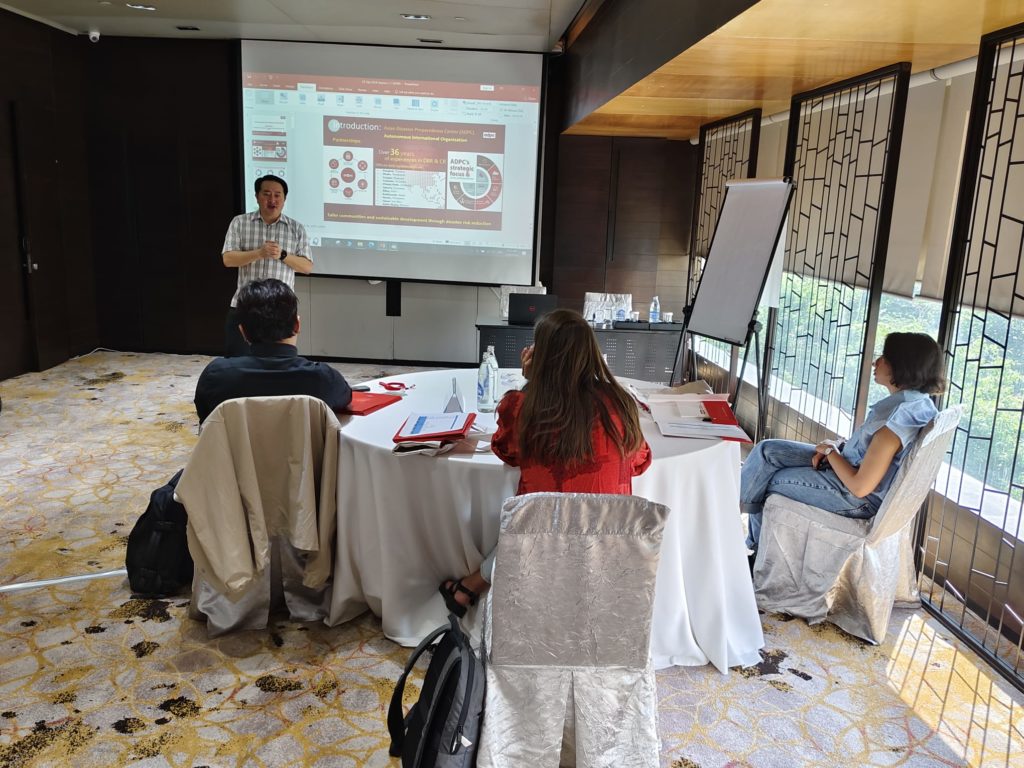
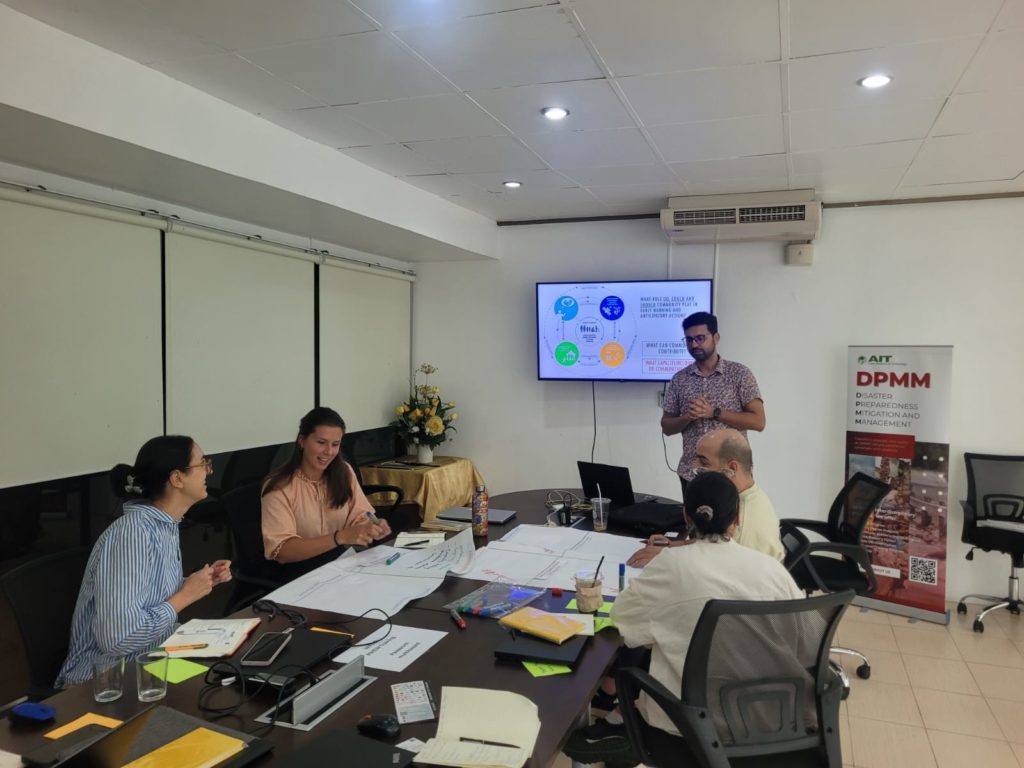
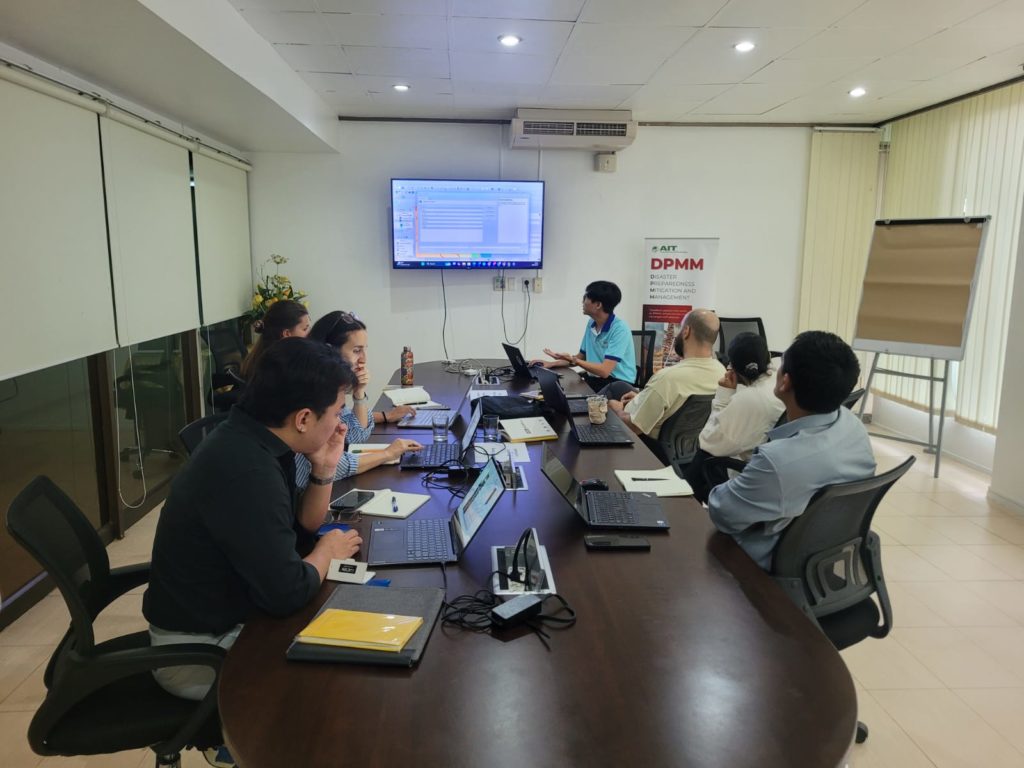
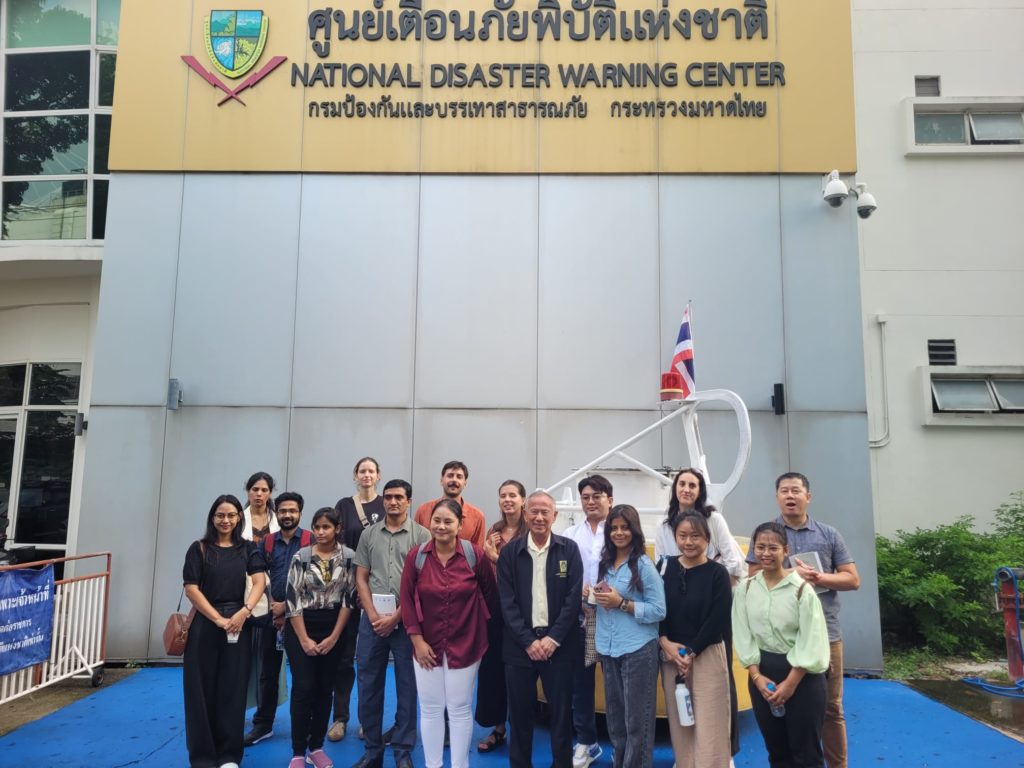
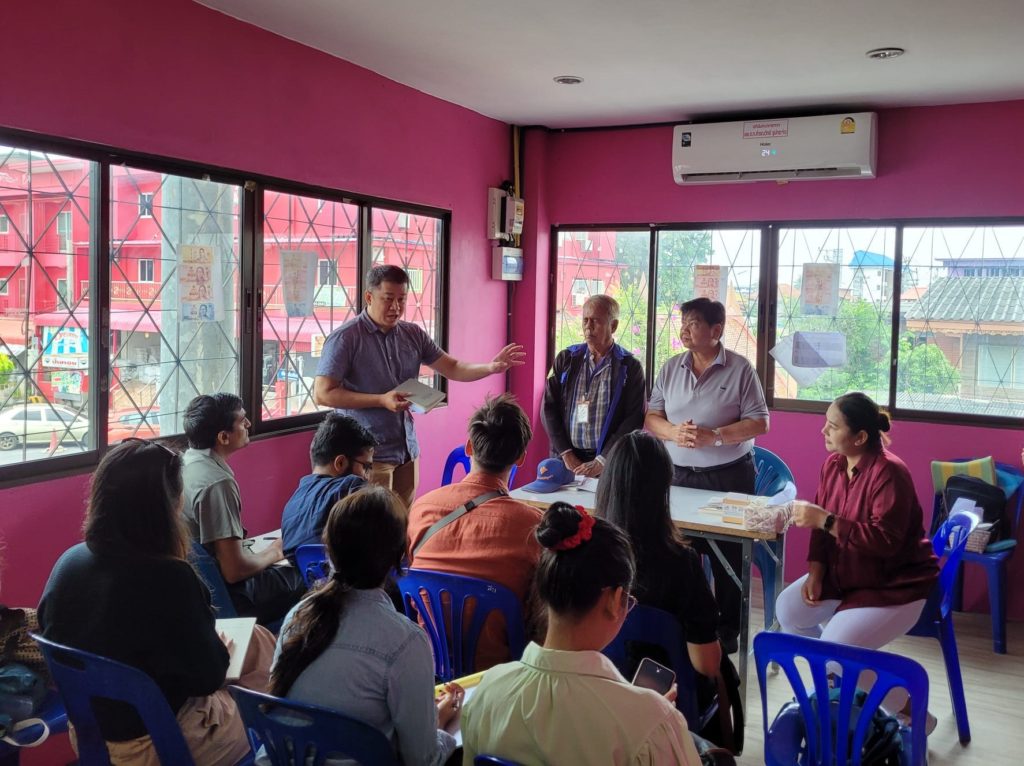

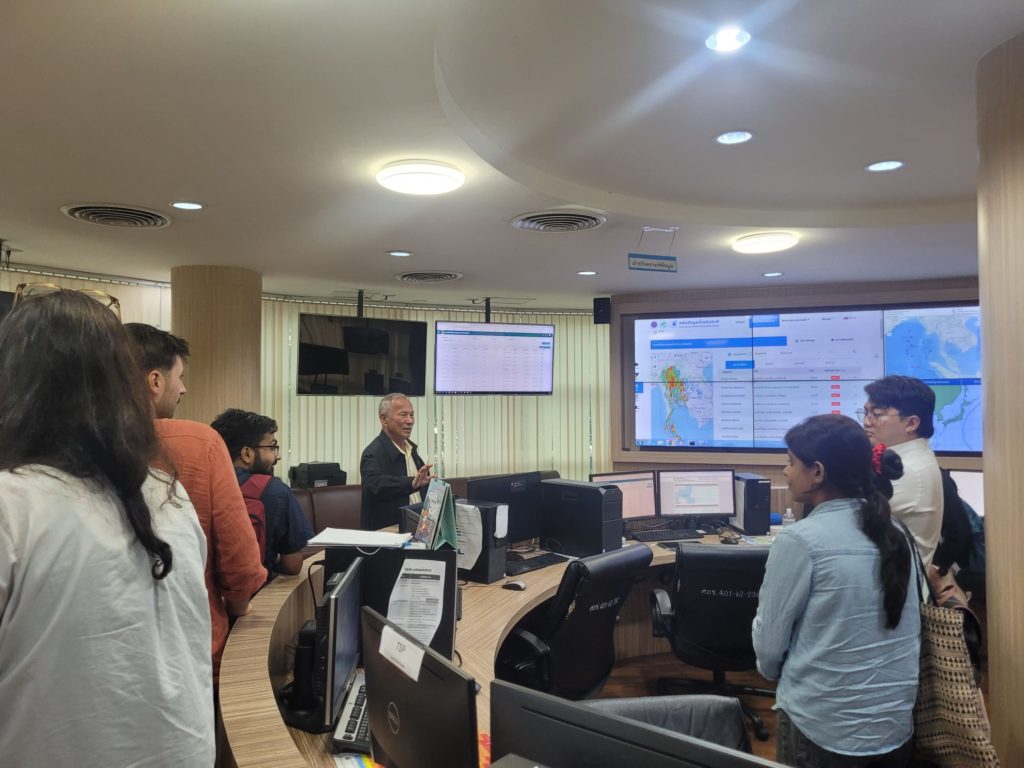
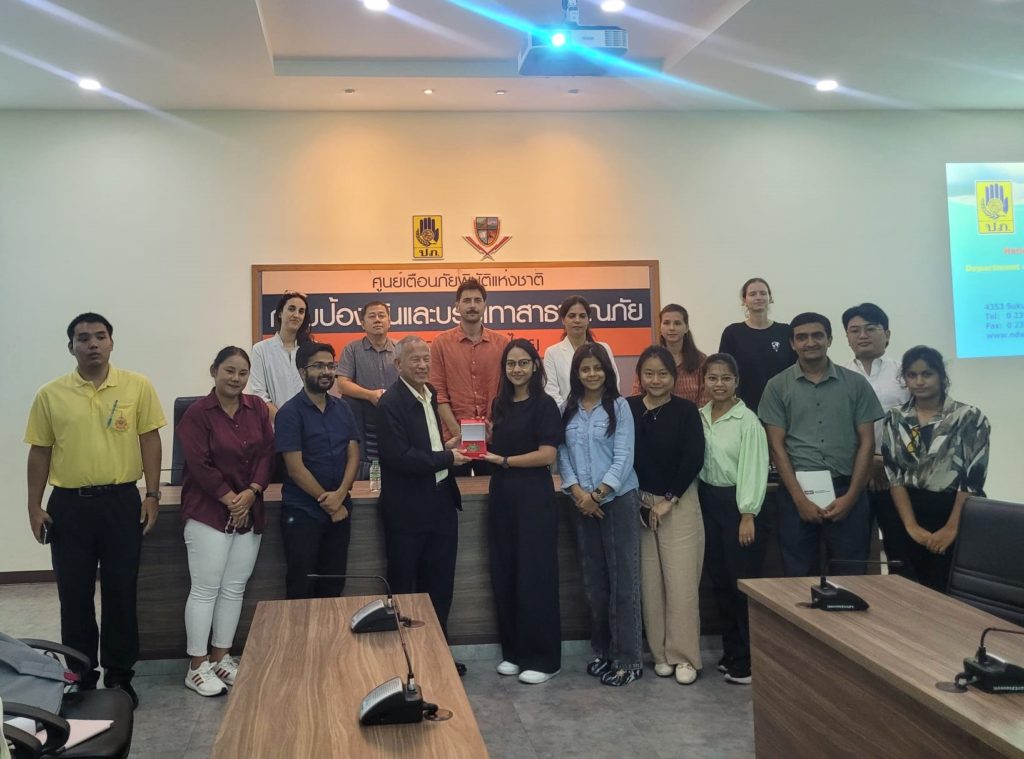
0 Comments